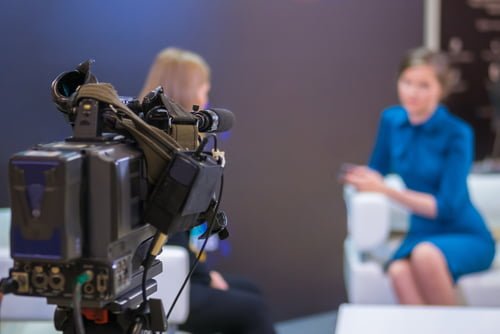Can I have the TV interview questions in advance?
Journalists don’t like to give questions in advance. This isn’t because they want to catch you out.
In live TV news, they’re unlikely to give you a list of questions because they can be changed by the presenter at the last moment. This could leave you stumped or confused if you’d prepared your answers in advance.


